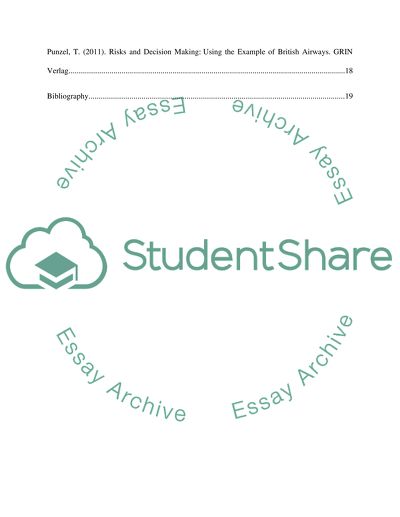Cite this document
(“Group work British Airline Essay Example | Topics and Well Written Essays - 2500 words”, n.d.)
Retrieved from https://studentshare.org/environmental-studies/1416207-group-work-british-airline
Retrieved from https://studentshare.org/environmental-studies/1416207-group-work-british-airline
(Group Work British Airline Essay Example | Topics and Well Written Essays - 2500 Words)
https://studentshare.org/environmental-studies/1416207-group-work-british-airline.
https://studentshare.org/environmental-studies/1416207-group-work-british-airline.
“Group Work British Airline Essay Example | Topics and Well Written Essays - 2500 Words”, n.d. https://studentshare.org/environmental-studies/1416207-group-work-british-airline.


